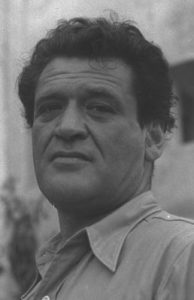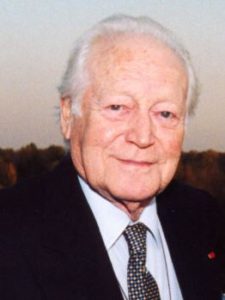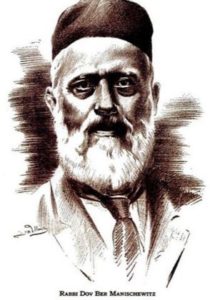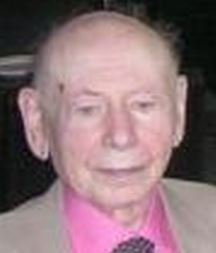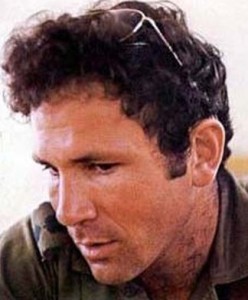Game of Thrones
Joseph Kessel (1898-1979) was born in Argentina to a Jewish-Russian family, the son of a doctor from Lithuania. He spent his early childhood in Russia before the family moved to France. Kessel became a pilot and a writer. In the former capacity, he served valiantly in both World Wars, and in the latter, wrote over 20 novels. Many of his novels were translated into a number of languages, and were later adapted into very popular French films. Today, the Prix Joseph-Kessel is among the top literary prizes awarded for French literature. Maurice Druon (1918-2009) was Kessel’s nephew. (He went by his stepfather’s last name). He was born in Paris and raised in Normandy. Like his uncle, Druon became a writer as well. His career was interrupted by World War II, when he fought with the French Resistance, and together with his uncle, wrote the well-known anthem of the Resistance (based on an earlier Russian song).
Following the war, Druon wrote Les Grandes Familles, a bestseller adapted to an equally popular film. Druon would write two sequels to this novel, together with dozens of other important literary works. Among those is the seven-volume Les Rois Maudits (The Accursed Kings). This series was adapted to a TV show in 1972, and again in 2005. It also served as the foundation and inspiration for George R.R. Martin’s A Song of Ice and Fire, which was adapted to the current hit show Game of Thrones. In addition to his writing, Druon was France’s Minister of Cultural Affairs in the 1970s. Both he and his uncle Joseph Kessel were lifelong members of the prestigious ‘Académie française’.
Words of the Week
No problem can be solved from the same level of consciousness that created it.
– Albert Einstein

